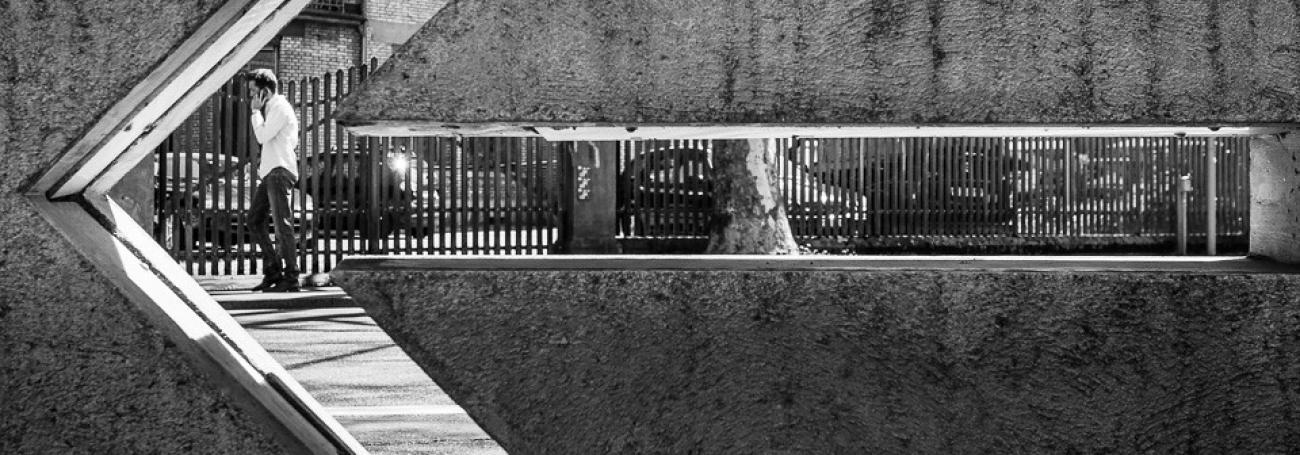
Partners: Conférence permanente européenne de la probation (CEP), Institut für Rechts- und Kriminalsoziologie (IRKS, Austria), Leuven Institute of Criminology (LINC, Belgium), Médiante (Belgium), Neustart (Austria), Queen’s University (GB) and Youth Justice Agency of Northern Ireland (GB).
Supervisor of project: Prof Dr Ivo Aertsen
Coordinator of project: Dr Katrien Lauwaert
Duration: 24 months (01/01/2013-31/12/2014)
Funding: This project is funded by the European Commission – Criminal Justice Programme – JUST/2011/JPEN/AG/2962.
Summary of project: Although many studies have shown that participation in restorative justice programs often reduces the likelihood of reoffending, it remains unclear why this is the case, for which groups and under which conditions. The general aim of this study is thus to gain insight in the mechanisms within restorative justice practices that can contribute to desistance from crime and thus reduce victimisation.
Starting from the factors identified in the desistance literature in general, this study will develop a conceptual framework for analysing restorative justice and desistance, which will then be empirically tested in three European countries.
Main research question: What impact does restorative justice have on desistance from crime?
Specific sub-questions are:
- – Which mechanisms within restorative justice practices produce positive subjective changes that help sustain abstinence from criminal offending?
- – Which mechanisms within restorative justice practices produce positive social changes that help sustain abstinence from criminal offending?
- – For whom and under which conditions do these mechanisms work?
- – Which restorative justice practices have the largest impact on desistance from crime?

